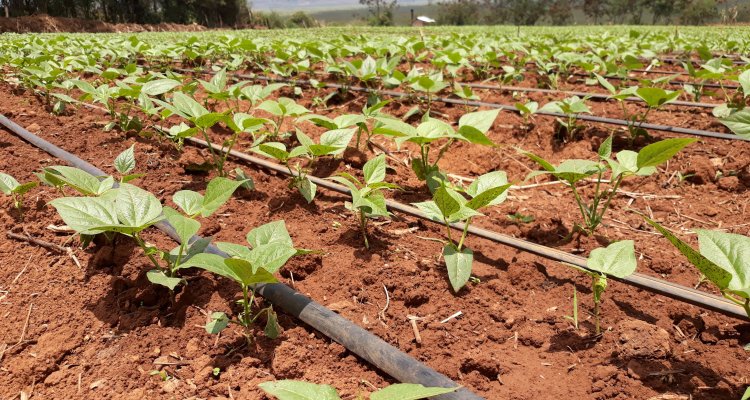There’s no doubt that horticultural sector occupy significant place to revive national economy especially in a country where economic diversification into agricultural sector remains pivotal to offer solutions to many challenges such as poverty, food and nutrition insecurity and unemployment.
Horticulture, which is the cultivation of plants for food, fuel, medicine, and other purposes is an important source of income for smallholder farmers and can serve as a major contributor to the country’s agricultural GDP.
In Nigeria, some examples of horticulture crops include; Fruits such as mango, pineapple, plantain/banana, citrus, guava, pawpaw,etc. Vegetables such as; onion, tomato, okra, pepper, amaranthus, carrot, melon, Corchorus olitorus (ewedu), Hibiscus sabdariffa (zobo) and other crops such as: palm oil, cocoa beans, sorghum, corn, etc.
These crops are important sources of food, and nutrition for many Nigerians. They also have industrial potential and can contribute to the country’s economic growth and development.
In addition, the demand for horticulture crops in Nigeria is high and growing, both in domestic and international markets. According to findings, Nigeria produces about 17 million tonnes of fruits and vegetables annually, making it the second largest producer in Africa after South Africa.
However, the consumption of fruits and vegetables per capita in Nigeria is still low compared to the global average, indicating a potential for further growth.
Some of the factors that drive the demand for horticulture crops in Nigeria remain the population increase, income growth, health awareness and market opportunities. These factors suggest that there is a strong and growing demand for horticulture crops in Nigeria. However, there are also many challenges that need to be addressed to meet this demand, such as improving productivity, quality, post-harvest management, market access, policy support.
This means that to unlock the potential of horticulture in Nigeria, there is a need for concerted efforts from various stakeholders, including the government, the private sector, the civil society, and the international community.
According to experts, some of the key actions that could be taken include ; improving the availability and quality of seeds: Seeds are the foundation of horticulture production. However, many farmers in Nigeria rely on low-quality seeds or recycled seeds from previous harvests, which result in low yields and susceptibility to pests and diseases. There is a need to promote the use of improved seeds that are adapted to local conditions and resistant to biotic and abiotic stresses.
This could be done by strengthening the seed sector through research and development, quality assurance, certification, regulation, and extension services.
Another way to explore the opportunities in the sector is by enhancing post-harvest management which are a major challenge for horticulture in Nigeria. According to the Food and Agriculture Organisation, Nigeria loses about 40% of its fruits and vegetables due to poor handling, storage, processing, and transportation. This not only reduces the income of farmers and traders, but also affects the food security and nutrition of consumers.
To reduce post-harvest losses, there is a need to improve the infrastructure and facilities for cold storage, processing, packaging, and transportation. There is also a need to raise awareness and capacity among farmers and traders on best practices for post-harvest management.
Moreso, expanding market access is crucial for horticulture development in Nigeria. However, many farmers face difficulties in accessing profitable markets due to lack of information, bargaining power, quality standards, and linkages with buyers.
There is a need to facilitate market access for horticulture products by improving market information systems, strengthening farmer organisations and cooperatives, establishing quality standards and certification schemes, and promoting contract farming and value chain development. There is also a need to explore new market opportunities for horticulture products, both domestically and internationally.
Similarly supporting policy and institutional development is essential for creating an enabling environment for horticulture in Nigeria.
The sector suffers from inadequate policy attention and coordination among different ministries and agencies. There is a need to develop and implement a comprehensive national horticulture policy that addresses the needs and challenges of the sector. There is also a need to strengthen the institutional capacity of relevant public and private actors involved in horticulture development.
In the overall of it, horticulture has enormous potential to contribute to Nigeria’s economic growth, food security, poverty reduction, employment generation, and environmental sustainability. By addressing the challenges and seizing the opportunities in the sector, Nigeria can harness the power of plants to transform its future.





